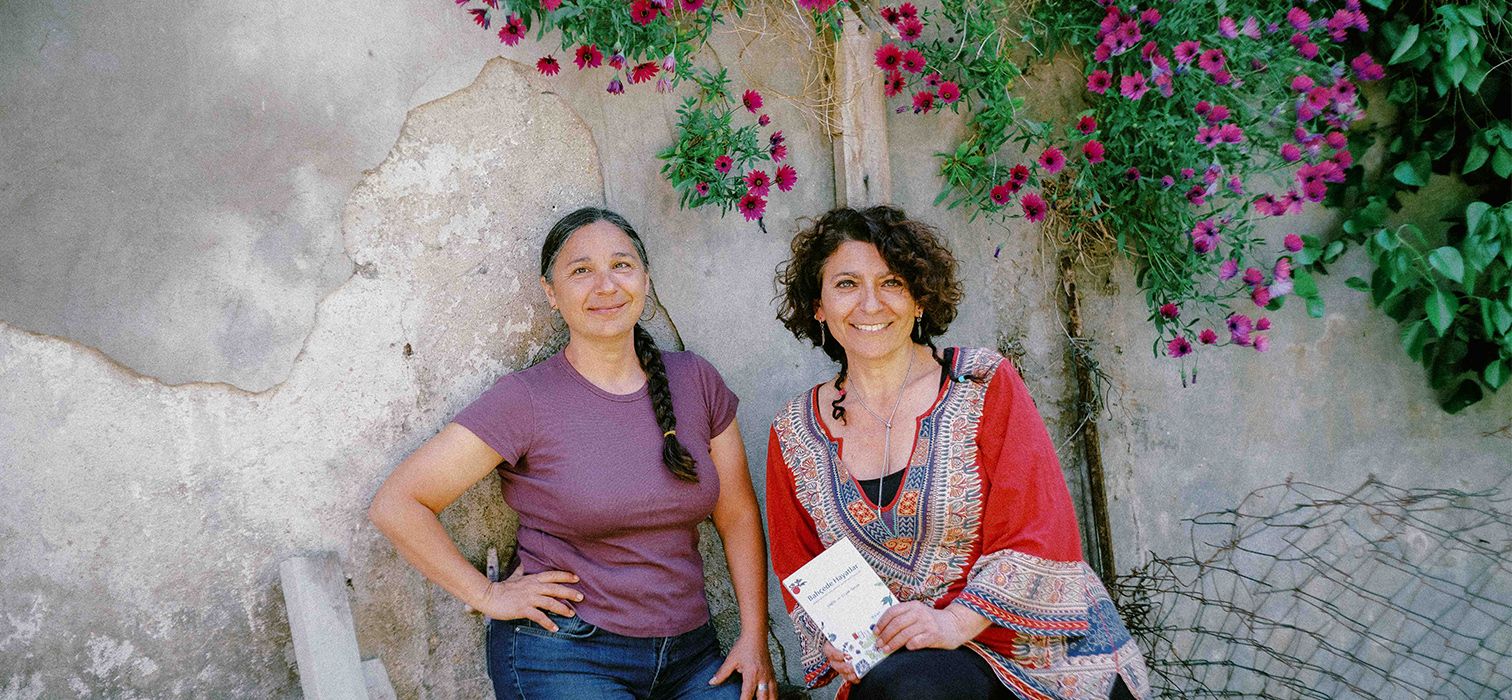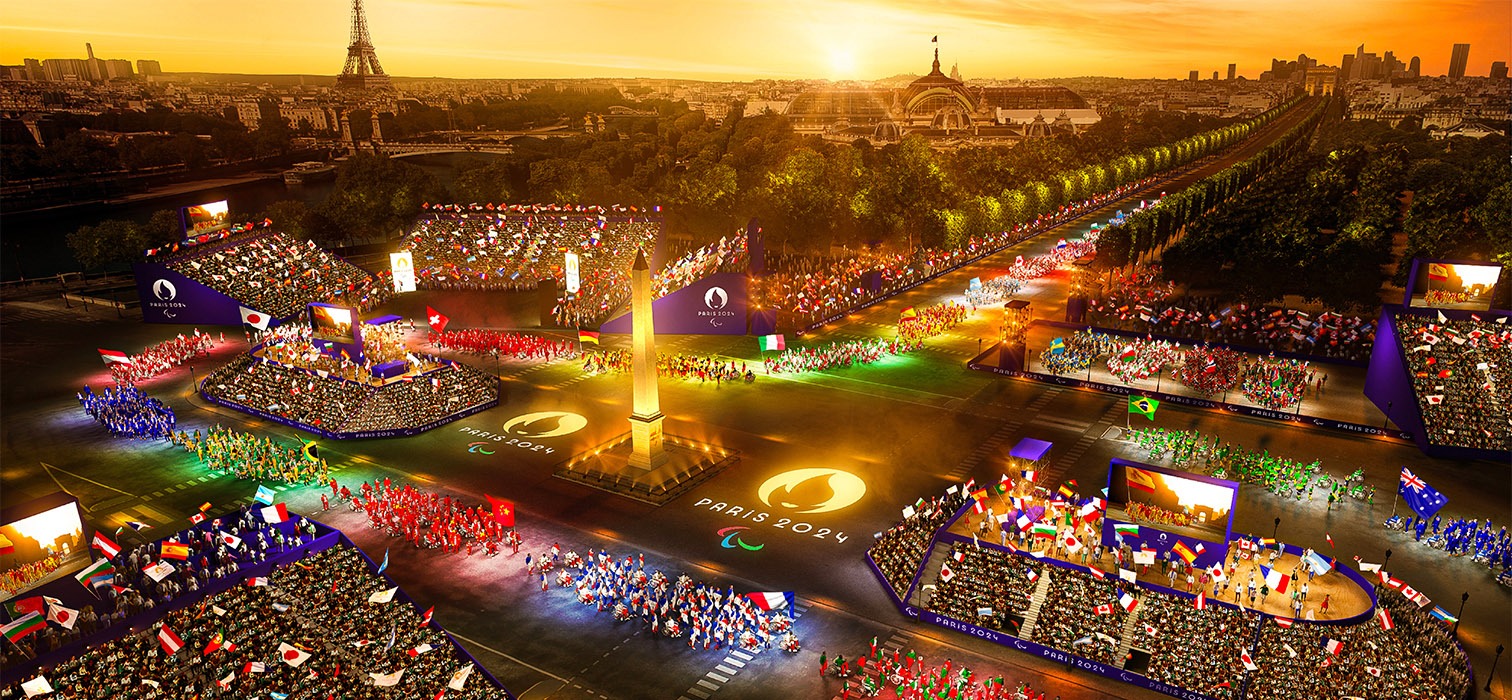Local and New: Grüngard Smart Irrigation Systems
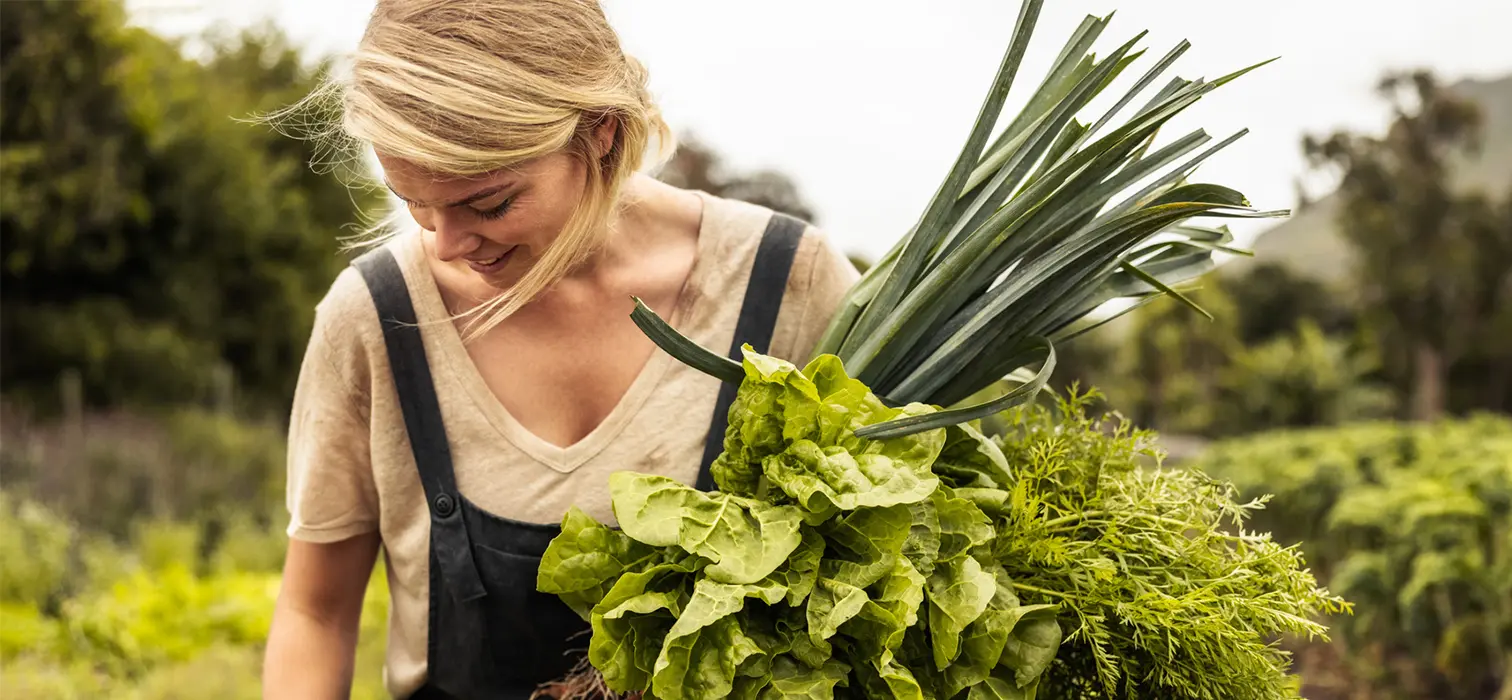
Grüngard Smart Irrigation Systems address the escalating global water crisis with a locally engineered solution that optimizes water use through smart, battery-powered control.
Did you know that although water covers 70% of our planet, only 2.5% of it is freshwater? And this limited resource is rapidly depleting due to climate change, overpopulation, and unchecked consumption. According to 2024 data, one in three people globally lacks regular access to safe drinking water.
This reality is even more critical for countries like Turkey, which lies in a semi-arid climate zone. As of 2022, the annual per capita available water supply in Turkey is around 1,313 cubic meters—well below the 1,700 m³ water stress threshold. According to TÜİK (Turkish Statistical Institute), if this trend continues, Turkey could become a water-scarce country by 2030.
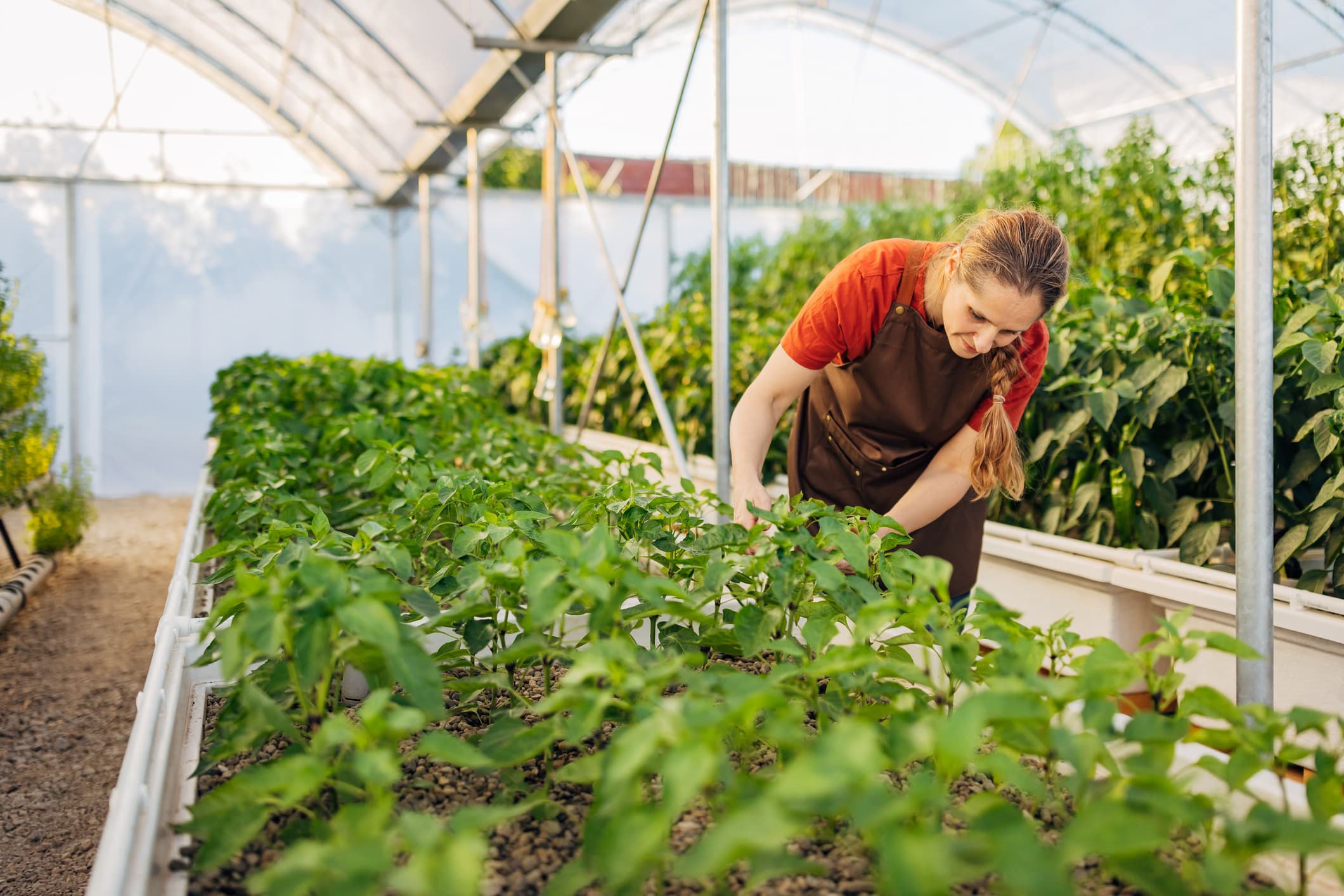
Striking Data from Turkey
It’s a fact that climate change, drought, and poor agricultural policies have pushed Turkey into the ranks of water-stressed nations. Over the past 50 years, Turkey’s per capita usable water supply has been cut nearly in half. In the 1970s, it was around 4,000 m³; today, it’s below 1,300 m³. Admittedly, these unpleasant facts might make you hesitant to keep reading. But we suggest you read on.
“If this trajectory continues, Turkey could become a water-scarce country by 2030.”
How Much Water Does the Average Garden Use?
Let’s look at where water is consumed. In Turkey, especially in metropolitan areas, few people have gardens—but if we consider the country as a whole, we can do a rough calculation. Let’s say your home has an average-sized garden (100 m²). According to a 2020 report by the Ankara Water and Sewerage Administration (ASKİ), such a garden requires about 500–800 liters of water per day during summer. That’s nearly twice the daily drinking and usage water of a four-person household.
However, 30% to 50% of this water is wasted due to poor irrigation practices. Watering during rainfall and not optimizing watering times for temperature are major issues. In fact, only 5 out of every 10 liters from the tap actually reach the plant. Considering the wasted water is enough to break your heart.
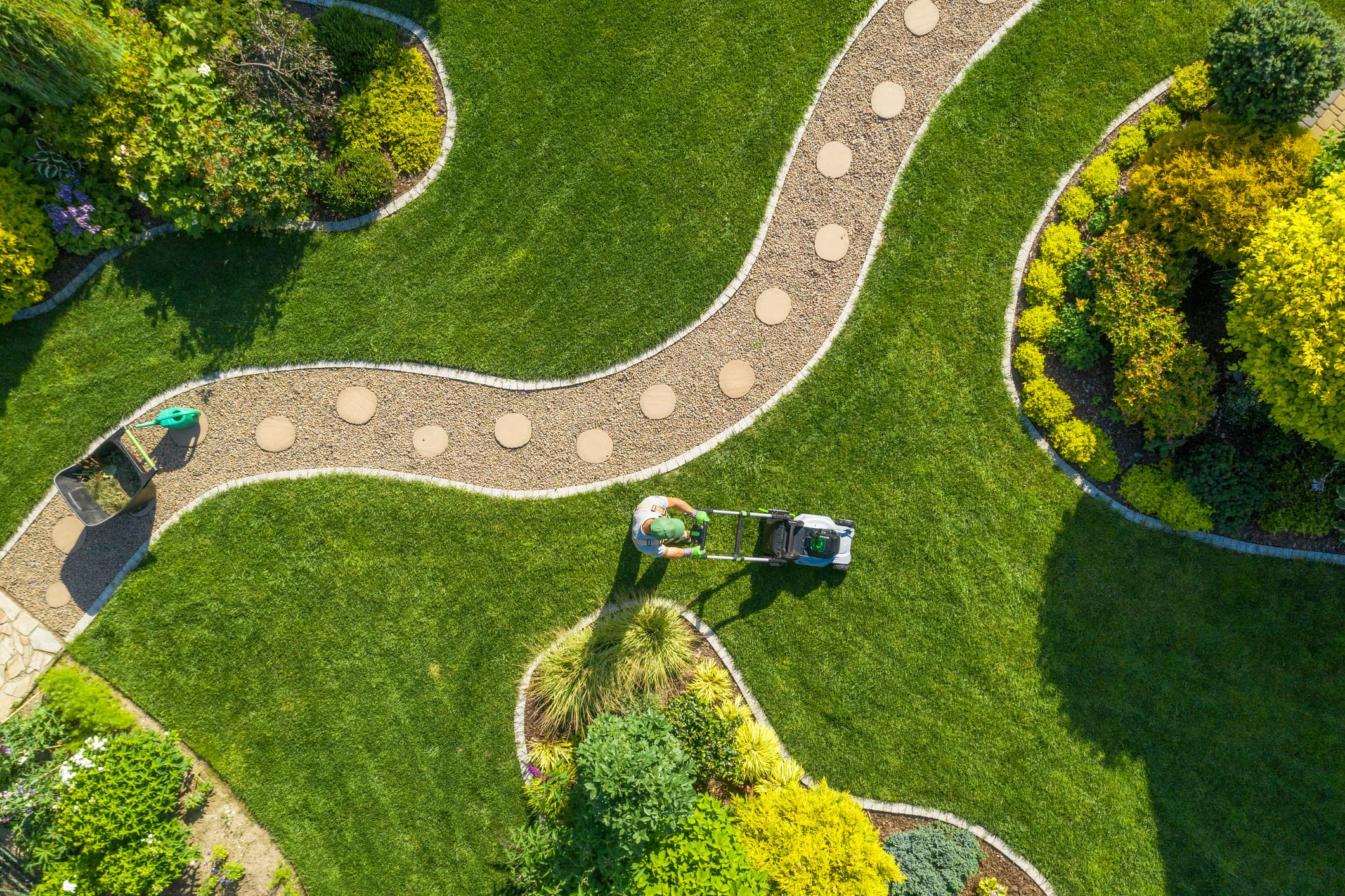
What Changes with Smart Irrigation Systems?
You’ve probably grasped the impact of improper irrigation. It’s true that consumers are generally becoming more conscious, and many are inclined toward smart systems for both economic and environmental reasons. Still, in reality, many people use outdated irrigation systems and remain unaware of new smart technologies.
Smart irrigation systems—those with control over timing, dosage, and direction—can reduce waste to below 10%. That’s where Grüngard comes in: a brand that designs products to address this exact problem. Grüngard’s smart irrigation solutions offer up to 50% water savings not just for residential landscaping but also in agriculture. Before diving into the brand itself, it’s helpful to see what smart irrigation can change in numbers:
- In a residential complex: up to 1.2 million liters saved per year = roughly 5,000 washing machine loads
- On a farm: up to 50 million liters saved annually = enough drinking water for a small town for two months
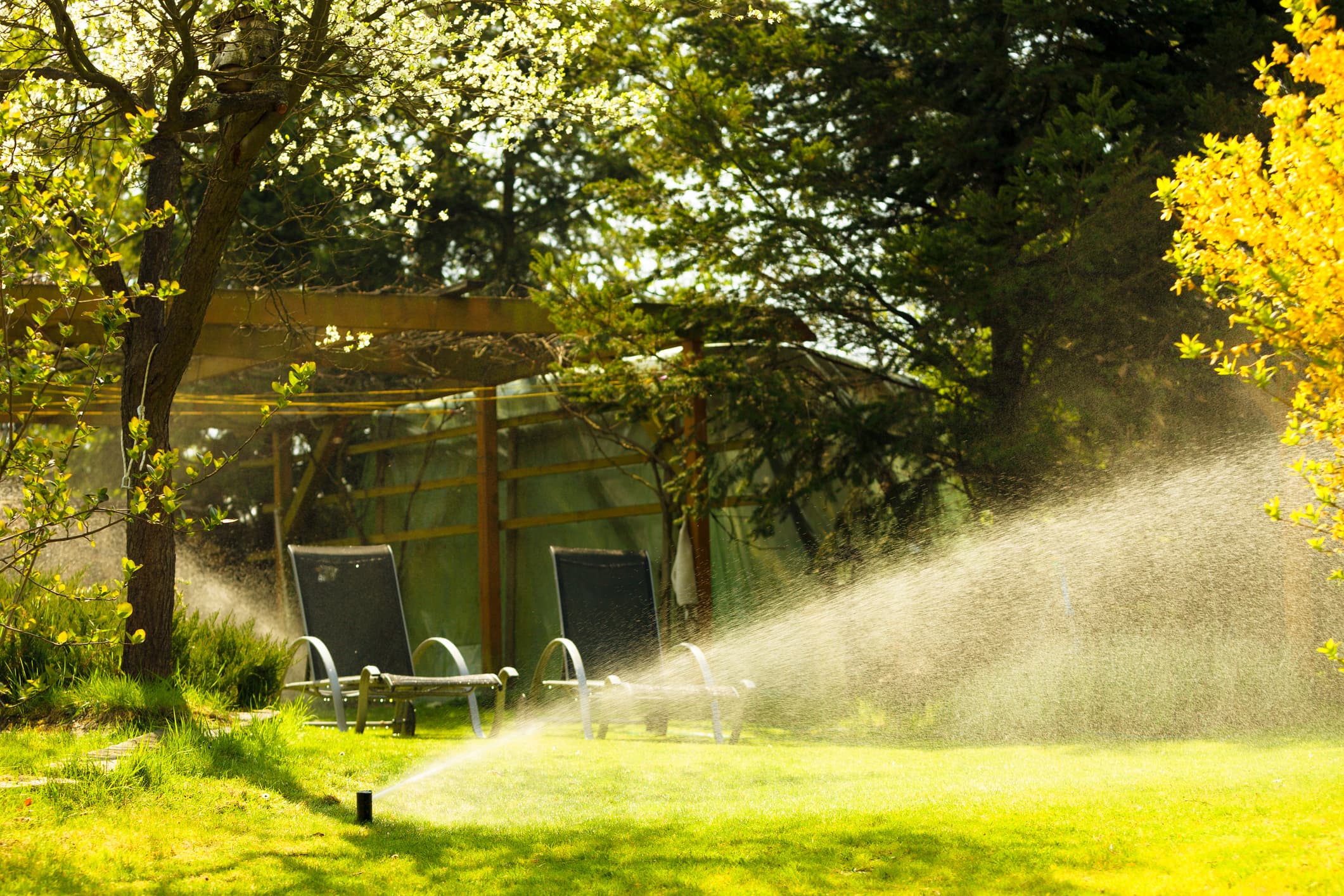
Traditional Irrigation Systems Are Inefficient
Globally and in Turkey, agriculture consumes the largest share of water. Yet most systems used are still inefficient. The commonly used “flood irrigation” method in rural Turkey releases water directly onto the ground, much of which is lost through evaporation or runoff. This method not only wastes water but also damages soil structure and causes erosion.
Modern alternatives like drip and sprinkler systems deliver water more efficiently. However, they require electric infrastructure, regular maintenance, and high costs—making them inaccessible for many small-scale farmers. What’s more, they often lack remote control technology.

Local Technology: Grüngard
This is where Grüngard breaks the mold with its battery-powered, remotely accessible irrigation system—a first of its kind globally. This system doesn’t require an electrical setup and allows users to manage their garden watering anytime, from anywhere. This means watering only when and as much as needed.
Its software is also user-friendly. For example, if it suddenly starts to rain, you can immediately stop watering. If a malfunction occurs, you can shut down the system without stepping outside. On the other hand, if it gets hotter than usual, the system can automatically increase watering. Everything adapts to your garden’s specific needs, preventing waste and protecting plant health.

Another major advantage of this innovative system is the significant reduction in irrigation costs. While this might seem like a small win for an individual gardener or farmer, it plays a huge role in conserving natural resources.
The brand is proudly backed by two Turkish investors and an entirely local team of engineers. Founded by Kerim Acar and Azra Yazıcıoğlu, Grüngard is now expanding from Turkey into U.S. and European markets.
Azra Yazıcıoğlu, one of the investors, explains: “Traditional irrigation systems, due to their non-intelligent technologies, watered green spaces without considering their actual needs—either overwatering or underwatering. Our goal at Grüngard was to break this unchecked cycle. By handing control of irrigation to the user, we aim to build a system that respects both nature and water resources. Water conservation is no longer a choice; it’s a necessity. We’re making this necessity both sustainable and user-friendly.”

Technology Alone Isn’t Enough Without Cultural Change
Of course, technology alone isn’t sufficient—our cultural perception of water must change as well. In many places, water is still seen as an unlimited resource. Yet today, every single drop is crucial for the continuity of ecosystems. We must redefine water not just as something we “use” but as something we must “protect.”
From household faucets to agricultural fields, reducing our water footprint is no longer an individual choice—it’s a global responsibility. With the right steps, smart technologies, and societal awareness, we can slow this crisis. Solutions developed by visionary brands like Grüngard offer valuable insights into sustainable living for the future. Following this vision seems to be not just about greening the land—but about sustaining life itself.
Bahçede Hayatlar: The Journey of Real Food from Seed to Table



